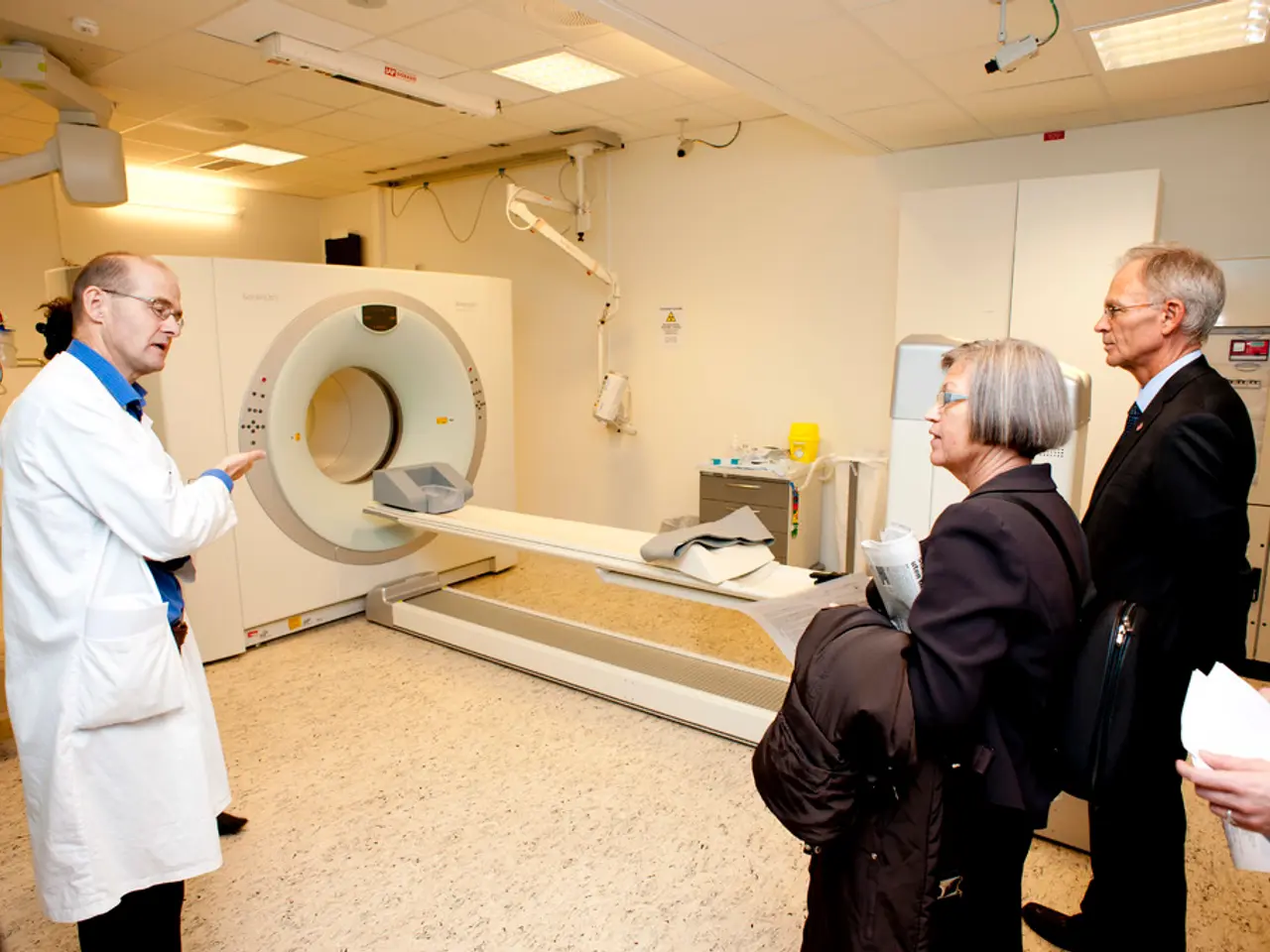CBD Capsule's Role in Regulating Hormonal Disruptions
In the realm of health and wellness, CBD (cannabidiol) has been gaining attention for its potential benefits on hormonal balance and endocrine function. While more research is needed to fully understand the relationship between CBD and hormonal imbalances, preliminary studies suggest that this non-psychoactive compound may offer relief from symptoms related to sleep, sexual health, metabolism, and thyroid function.
The connection between CBD and hormonal balance lies in its interaction with the endocannabinoid system (ECS), a complex network of receptors and chemicals that regulates multiple physiological processes in the body. The ECS is linked to the activity of the female hormone estradiol and may play a role in menstrual cycle regulation.
- Sleep and Sexual Hormones
CBD may help improve sleep disturbances and anxiety partly by modulating neurotransmitters like GABA and affecting receptors such as TRPV1, which relate to pain and stress regulation. This modulation can indirectly influence hormones tied to reproductive health and sexual function, as seen in menstrual cycle irregularities and conditions like endometriosis where CBD reduces inflammation and pain.
- Metabolic Hormones
CBD's influence on the hypothalamus and leptin sensitivity may impact metabolic regulation. By interacting with hypothalamic functions, CBD could help regulate metabolism and energy balance, which are driven by hormones such as leptin and thyroid hormones.
- Thyroid Hormones
Studies show CBD can reduce thyroid hormones T3 and T4 production and lower TSH levels, suggesting a regulatory effect on thyroid function. It may also protect against anti-thyroid antibodies in autoimmune conditions like Hashimoto’s thyroiditis. The effects might involve enhancing cellular hormone sensitivity and hypothalamic regulation of the thyroid axis.
- Hormonal Balance Overall
CBD differs from THC (tetrahydrocannabinol) in its hormonal impacts; for example, THC tends to suppress reproductive hormones (LH, FSH) and raise cortisol, whereas CBD has anxiolytic effects and modulates the endocannabinoid system without the same suppressive effects on reproductive hormones. This suggests CBD may help in rebalancing hormonal imbalances stemming from stress or endocrine disruptions rather than exacerbating them.
The potential benefits of CBD extend beyond sleep, sexual health, and metabolism. CBD's effects on the ECS may also have implications for the thyroid, potentially contributing to a more active thyroid when endocannabinoids are obstructed. Furthermore, some studies suggest that endocannabinoids can regulate the proliferation of various endocrine cancer cells, potentially having antitumor effects in diseases like thyroid, breast, and prostate cancers.
As research continues, it becomes increasingly clear that CBD may have therapeutic potential in treating endocrine disorders. However, it is essential to consult healthcare providers for personalized advice and to understand the potential interactions with other medications. Lifestyle changes, such as following an 8-hour sleeping routine, exercising more frequently, eating a healthy and balanced diet, and practicing meditation, are also advised to encourage healthy hormonal functioning.
In the UK, CBD capsules may be beneficial for hormonal balance. As always, it is crucial to choose high-quality CBD products from reputable sources to ensure purity and potency. With further research and clinical trials, we may uncover even more ways CBD can support hormonal health and overall well-being.
- In the context of health and wellness, CBD may offer potential benefits for hormonal balance, particularly in managing sleep disturbances and anxiety, which can indirectly influence reproductive health and sexual function.
- CBD's influence on the hypothalamus and leptin sensitivity might help regulate metabolism, managing hormones like leptin and thyroid hormones.
- Studies suggest that CBD could have a regulatory effect on thyroid function, reducing thyroid hormone production (T3 and T4) and lowering TSH levels.
- CBD differentiates itself from THC in its hormonal impacts; while THC suppresses reproductive hormones and raises cortisol, CBD exhibits anxiolytic effects, potentially aiding in rebalancing hormonal imbalances caused by stress or endocrine disruptions.




